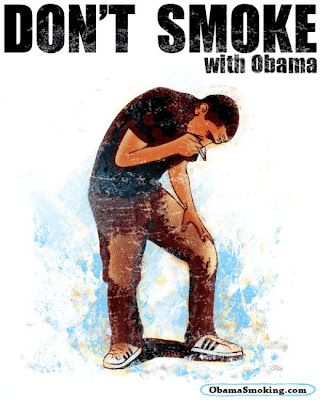
Another way of looking at addiction.Medical science tells us that there are diseases called
“pharmacogenetic disorders.” A common one is known as glucose-6-phosphate dehydrogenase deficiency. This disorder is a human enzyme deficiency that reduces the ability of red blood cells to carry oxygen, resulting in severe anemia. Its origin is genetic, and it is found predominantly in Jews and African-Americans. People who have this disease don’t necessarily know it.
They don’t get into trouble until they are exposed to a very particular kind of environmental insult: an oxidative agent. Like eating fava beans, for example. If a person suffering this disorder eats fava beans, as one addiction expert told me, sparing the technical details, “their red blood cells go to hell.”
Okay. But how can something be a disease if the people who supposedly have it are perfectly normal until they start messing with fava beans—or alcohol or heroin? To some people, that just does not sound like a disease. And there are, in addition, obvious environmental influences on the course of addiction.
However, there are also strong environmental causes and impacts related to diabetes, hypertension, and a host of other common diseases.As it happened, African Americans who served in Viet Nam who suffered from glucose-6-phosphate dehydrogenase deficiency found out about it fast, whenever they took an anti-malarial medication called Dapsone, a drug now used to treat certain skin diseases similar to leprosy.
Blacks with glucose-6-phosphate dehydrogenase deficiency would take Dapsone, which pulled the environmental trigger on their disease, and they would suffer acute hemolysis—the complete breakdown of their red blood cells.
If they didn’t take Dapsone, or eat fava beans, they were fine—you couldn’t tell them from anyone else. (The same thing happened in Korea when service personnel suffering this deficiency encountered a different environmental trigger—the antimalarial drug primaquine.)
Now try this: What if eating fava beans for the very first time didn’t make certain people sick—it made them feel incredibly good; better than they had ever felt in their life? Better than they ever thought possible. What if that first experience felt like a life truly worth living; a surcease from years of sadness, a miracle drug, the healing hand of God? What if certain people, for reasons of abnormal biochemistry, had never experienced the typical feelings of happiness and contentment most people take for granted—until they ate fava beans. And then, for the first time in their lives, they felt better than okay.
If fava beans were a rewarding stimuli instead of aversive, the disease would still be a pharmacogenetic disorder, hidden from view in the absence of the environmental trigger. Once having tasted the bean, however, a stubborn minority of people would be drawn to eat it repeatedly. And the more they ate the beans, the more their bodies would become dependent upon the artificial reward the beans provided—until they reached a point where they simply could not function unless they had their beans.
Photo Credit:
Astragen LLC addiction
addiction  drugs
drugs










